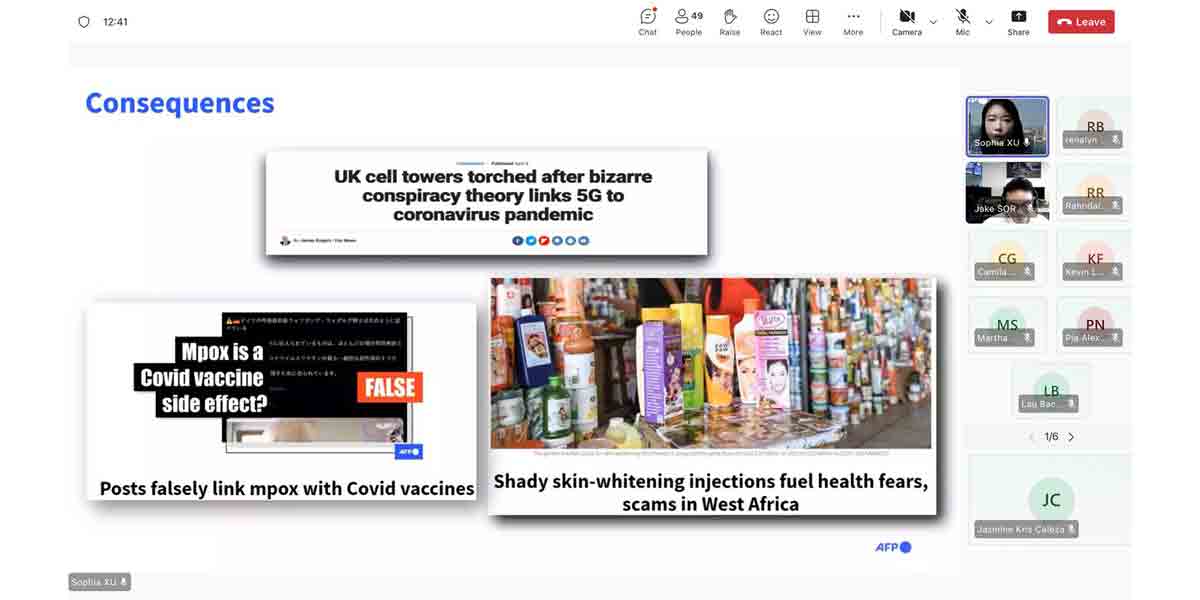By Engr. Carlos Cornejo
The Japanese people known for their strong work ethic as well as being makers of quality products have a specific word for a system of quality, kaizen. Kaizen is the Japanese term for continuous improvement. Since they have a specific word for it, it tells you how much they value excellence. Quality is a feature that is always in their mind because the Japanese market itself is very demanding on the quality of the products they use. Just look at how they prepare their food. Food should not only be tasty but the arrangement on the plate has to be presentable as well.
This story will illustrate why we can’t seem to progress economically like Japan. Back in the 1970’s a Japanese farmer visited the Philippines and saw how Filipino farmers would till the land. In his broken English, the Japanese said, “In the Philippines, one plough with one carabao. In Japan, we find a better way to plough: two carabaos with two ploughs. After that we find even better way to plough: make machine that works faster. So, we invented the tractor.” After twenty years when this Japanese farmer came back to the Philippines, he saw the same thing: one plough with one carabao.
We Filipinos can’t seem to initiate improvement with the way we work. If that work was handed over to us by our grandfather like the farming example, our mentality is why bother with doing it in a different way when this was how it was done by Lolo (Grandpa) for decades. “We have to preserve tradition”, we reason out and that’s why we are also stuck and stunted.
Kaizen doesn’t have to be a big improvement. It is not defined as continuous big improvement but just continuous or constant improvement. Small and gradual improvements will do. In fact, that’s how nature works, the world was not made in one day and that’s how wounds heal too. Small and steady. Big goals can overwhelm us. You might be assigned to give a report to a class or give a speech and start preparing for it by asking: “How can I write a speech that leaves my audience spellbound?” Then you feel the pressure. You search so many websites, borrow a lot of books, get another cup of coffee and every time you start to write you draw a blank. However, if you do it by chunks by asking “What’s one idea I could share?” or “What’s one story I could expound?” or “What one doable action my audience can learn after my speech?” Focusing on these questions one at a time will suddenly make words start pouring in. And making one small progress after another, perhaps by writing at least 3 paragraphs per day, will go a long way. And before you know it you’ve completed your speech. What was thought to be a gigantic, daunting task has become small and attainable. We owe that to kaizen. It can be applied to goals such as losing weight, earning a degree or learning a skill as Alan Weiss would say: “Improve by 1% a day, and in 70 days you’re twice as good.” That’s the power of the constant cumulative effort. It makes big things small and small things big.




















